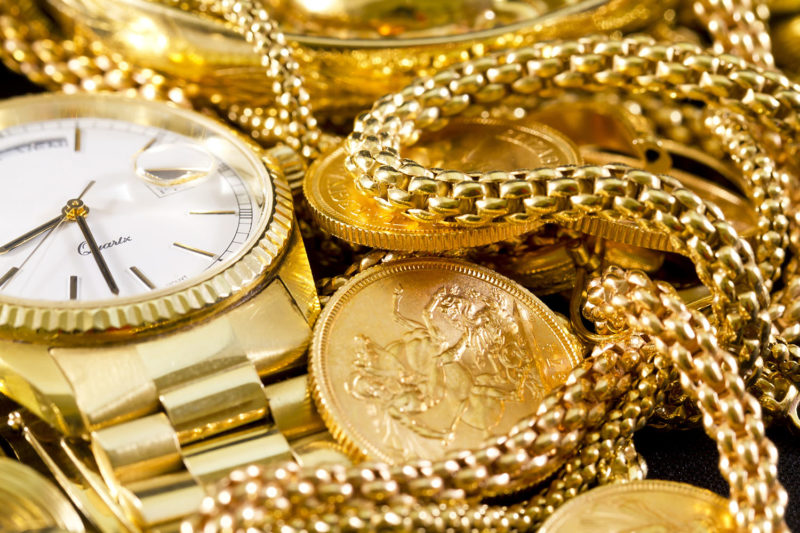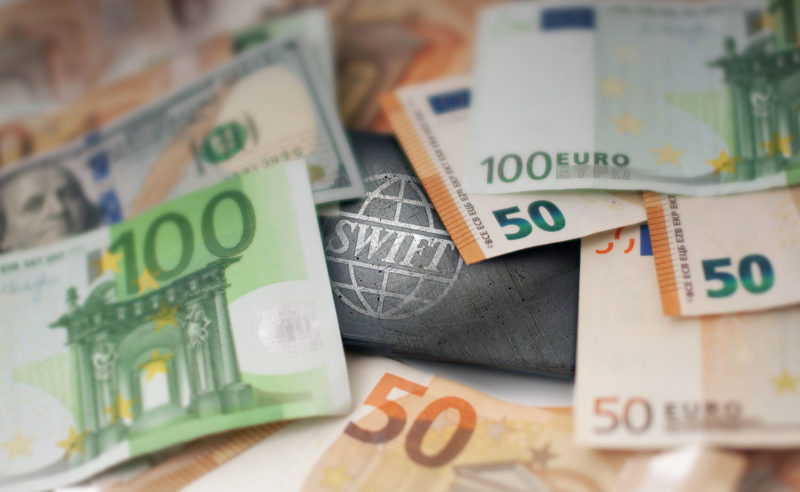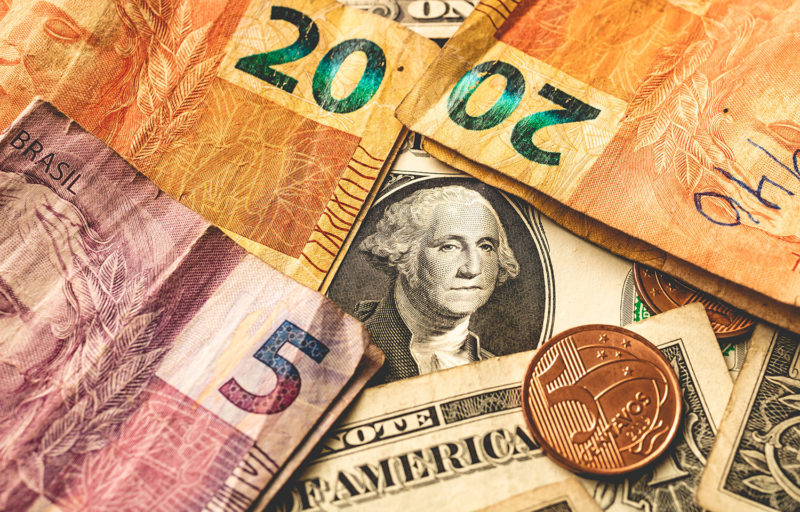

Russian gold and the geopolitical chess game
The new Cold War between the United States and Russia has been spurred on by the conflict in Ukraine. Economic sanctions imposed by the Western bloc controlled by the American giant are punishing the Russian economy, but also that of the European Union. Russia has taken measures to counter the American threat, and gold plays a key role that could trigger a paradigm shift in the international economic order.
The use of economic sanctions by the US and its client states as an instrument of coercion is not new. In recent decades, it has been a doctrine that has been applied extensively by the US administration. Democrats and Republicans alike have used it against any country that opposes US economic or political interests.
Throughout history, the application of sanctions has been shown to be ineffective in forcing a change of behaviour. Still, it can be a useful tool when the aim is to punish a country economically, especially the working class, or to weaken its defensive capacity in preparation for a coup or military intervention. However, the application of these punitive measures also has a downside.
While countries with little military capacity or global economic clout have no choice but to resort to the black market or trade agreements with states not aligned with the West in order to circumvent economic sanctions, big global players such as China or Russia are creating an alternative or multilateral economic system to shield their economies, as well as their technological and military capabilities.
Alternatives to Western interdependence
As in so many international conflicts, the rhetoric applied by Western media and politicians when they constantly repeat that the “international community” has decided certain things or condemns the actions of certain countries, we cannot forget that this so-called “international community” only includes the United States, Canada, the United Kingdom, the European Union, and perhaps Australia, Japan, and some Micronesian islands, but leaves out a large part of the international community that either opposes this rhetoric or prefers to remain neutral.
Therefore, we have to keep this multilateral world in mind when understanding that, while the mislabelled “international community” includes a very significant part of the most influential global actors, there are other important economic actors such as the Asian bloc, led by China, which are quite relevant and are increasing their global influence year after year.
That said, it is true that the power of influence that the West boasts thanks to its dominance of the interconnection tools of the global financial system goes beyond its myopic definition of the international community. The hegemony of the dollar as the world’s reserve currency, the Swift protocol for communications between banks, banking transactions via Visa or Mastercard, together with control of the International Monetary Fund and the World Bank, give the West, especially the United States, an unparalleled capacity for persuasion.
In this sense, both Russia and China have already created alternative systems that have come into operation in recent years and that to a greater or lesser extent are lessening the negative effects of the sanctions imposed by the West in recent decades, and more recently due to the conflict in Ukraine. Domestic digital money or merchant-to-merchant payment systems, such as UnionPay and Mir, are growing in popularity beyond the borders of these two countries.
The new gold rush brings us closer to the gold standard
It is no secret that countries outside the Western sphere have been buying large amounts of gold for years, but it is perhaps less well known that central banks of other states are doing the same. The safe-haven asset value of the precious metal in times of crisis is more than established, but the increased interest in buying gold transcends concerns about sovereign debt bubbles or runaway inflation.
As seen last month from Russia, it can also serve to stabilise a monetary system whereby the value of currencies is underpinned by their convertibility to gold. This is known as the “gold standard”. Thus, the Russian government announced the temporary convertibility of the rouble to gold at a fixed value, which stabilised the value of the rouble, recovering from the fall against the dollar.
Still, it remains to be seen what final strategy will be pursued and the consequences for the international monetary system. The Russian government’s announcement that countries that apply US sanctions would have to buy oil and natural gas in roubles or gold could cause much of the global energy trade to shift away from the dollar, breaking the status quo.
Although, as Russian Finance Minister Anton Siluanov reported, Western sanctions have frozen half of the country’s foreign exchange and gold reserves, about $300 billion, Russia remains the world’s second-largest gold producer after China, with reserves worth $140 billion. The intrinsic difficulty in tracking purchases or sales made with precious metals calls into question the effectiveness of sanctions.
The viability of Russia keeping the rouble pegged to gold is closely related to Russian energy demand. Interdependence with EU countries will wane, even though countries such as Hungary and Germany have already announced that they will continue to buy gas from Russia paying in roubles, or euros converted into roubles, through Gazprom’s bank account.
Still, given the multipolarity of global power and the response of the (real) international community, Moscow’s ability to make a winning move in this international geopolitical chess game cannot be underestimated.
If you want to discover the best option to protect your savings, enter Preciosos 11Onze. We will help you buy at the best price the safe-haven asset par excellence: physical gold.





gràcies
Gràcies a tu, Joan!!!
Molt interessant 👌
Celebrem que t’hagi agradat, Carles, i moltes gràcies pel teu comentari.
Chapeau!!!
Moltes gràcies pel teu comentari, Manel!!!
Super interessant article.
Gràcies, Pere Maria!
Gràcies per l’explicació👍
🙌
Imatge encertada: Partida d’escacs, i el comú dels mortals prenent partit sense saber jugar-hi. Anirem aprenent, gràcies !
Gràcies a tu, Mercè!